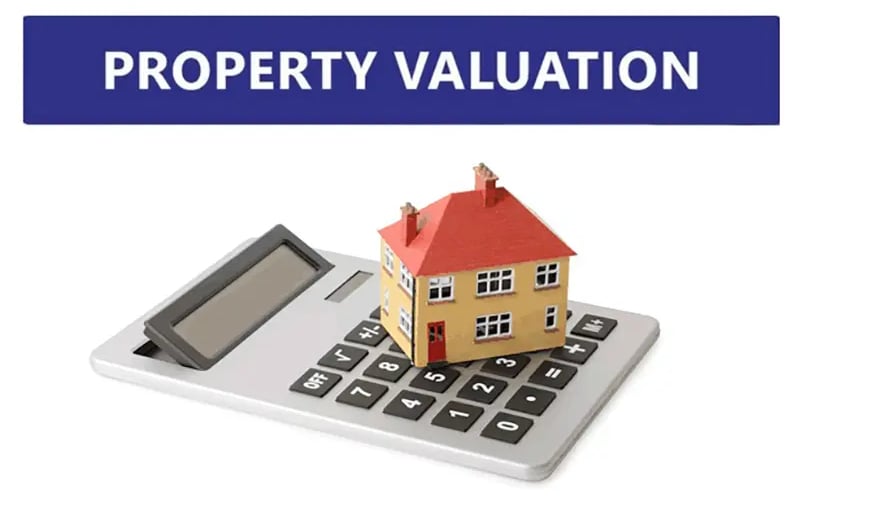STANDARD & PREMIER REAL ESTATE SERVICES WHATSAPP +968 7927 4245
Valuation Practices in Muscat, Oman
Property Valuation Practices in Muscat, Oman
PROPERTY VALUATION IN MUSCAT OMAN
Abdur Raheem Wyne
6/16/20243 min read


Valuation Practices in Muscat, Oman
1. Introduction
Valuation practices are critical in the real estate market, ensuring transparency, accuracy, and reliability in property transactions. In Muscat, Oman, the valuation process is shaped by three major elements: the cost of construction, similar listing prices, and the last transaction prices of similar properties. This report delves into these key elements and highlights the importance of making transaction data public to enhance market transparency and support the mortgage industry.
2. Key Elements of Property Valuation
2.1 Cost of Construction
The cost of construction is a fundamental element in property valuation. It includes the expenses incurred in the development of a property, encompassing materials, labor, design, and regulatory fees. This element is vital as it sets the baseline value for the property. Factors influencing the cost of construction in Muscat include:
Material Costs: Prices of construction materials such as cement, steel, and fittings.
Labor Costs: Wages paid to construction workers, engineers, and architects.
Regulatory Fees: Costs associated with obtaining permits and adhering to building codes and regulations.
2.2 Similar Listing Prices
Similar listing prices provide a comparative analysis by examining the asking prices of properties currently on the market. This element helps in understanding the market trends and the competitive landscape. Key considerations include:
Location: Proximity to amenities, schools, and commercial areas.
Property Type: Comparison based on property type, such as villas, apartments, or commercial spaces.
Features and Condition: Amenities, property condition, age, and design.
2.3 Last Transaction Prices
The last transaction prices of similar properties are crucial for determining the fair market value. This data reflects the actual prices at which properties were sold, providing a realistic benchmark for valuations. In Muscat, this data is retained by the Ministry of Housing. However, its availability to the public is limited, creating a need for greater transparency.
3. Proposal for Public Access to Transaction Data
3.1 Importance of Public Access
Making the last transaction data available to the public is essential for several reasons:
Transparency: Enhances the transparency of the real estate market, allowing buyers, sellers, and investors to make informed decisions.
Accuracy in Valuations: Provides valuers with accurate and up-to-date information, leading to more precise property valuations.
Market Confidence: Builds trust among stakeholders, encouraging investment and market participation.
3.2 Establishment of a Market Index
To facilitate public access to transaction data, it is proposed that a market index be established. This index would:
Compile and Publish Data: Regularly update and publish transaction prices of properties.
Provide Analytical Tools: Offer tools for analyzing market trends and property values.
Ensure Data Accuracy: Collaborate with the Ministry of Housing to ensure the accuracy and reliability of the data.
4. Negotiations with the Ministry of Housing
4.1 Memorandum of Understanding (MOU)
Negotiations are currently in progress with the Ministry of Housing to formalize the process of making transaction data public. A Memorandum of Understanding (MOU) will be signed soon, outlining the terms and conditions of this collaboration. Key points of the MOU include:
Data Sharing: Agreement on the scope and frequency of data sharing between the Ministry and the market index.
Data Privacy: Ensuring that personal information of property owners is protected.
Implementation Timeline: Establishing a timeline for the launch and operationalization of the market index.
4.2 Benefits of the MOU
Enhanced Valuation Practices: Access to last transaction data will improve the accuracy and reliability of property valuations.
Support for the Mortgage Industry: Better valuations will help banks and financial institutions assess housing mortgages more carefully, reducing the risk of bad loans.
Market Development: Increased transparency will attract more investors and contribute to the overall growth of the real estate market in Muscat.
5. Conclusion
The implementation of a market index to make transaction data publicly available marks a significant step towards enhancing transparency in the real estate market in Muscat. This initiative, supported by the forthcoming MOU with the Ministry of Housing, will not only improve valuation practices but also bolster the mortgage industry by reducing the bad loan ratio. By providing accurate and accessible data, this effort will foster trust, encourage investment, and contribute to the sustainable development of Muscat's real estate sector.
